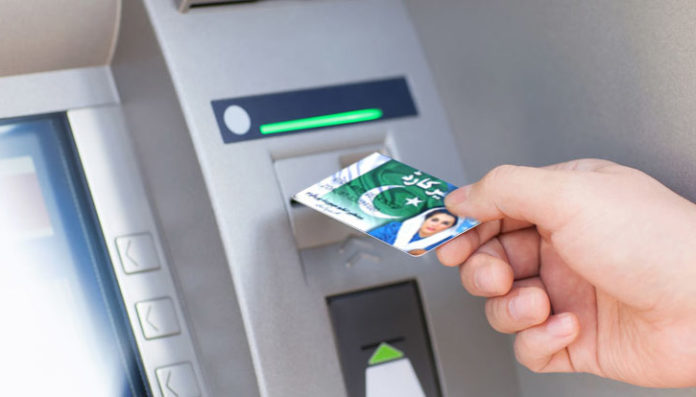Benazir Income Support Programme Goes Digital
The digital banking project for BISP aims to provide beneficiaries with easier access to financial services, reduce congestion, and enhance transparency. With the pilot project set to launch by the end of July, the committee is working to ensure that the system is robust, secure, and protects the rights of beneficiaries.

The National Assembly Standing Committee on Poverty Alleviation and Social Safety has directed the early launch of a digital banking project for the Benazir Income Support Programme (BISP) to reduce human involvement in disbursements and enhance transparency.
The pilot project, initially scheduled for June, is now expected to launch by the end of July, with beneficiary accounts set to open by August 15. The project aims to integrate geotagged banking services, biometric verification, and simplified account opening processes, and will initially cover seven districts. This initiative is part of a broader effort to reform Pakistan's social protection system, which is struggling to cope with a rising poverty rate of nearly 50%.
The committee has called for a transition to a fully transparent, technology-driven model with minimal human interference, citing concerns over the hardships faced by BISP beneficiaries at point-of-sale camps. To address these issues, the State Bank of Pakistan has been urged to expand ATM networks, introduce staggered payment distribution, and roll out digital wallets to reduce congestion and enhance accessibility.
Additionally, the committee has approved the relocation of BISP offices to underserved areas to improve outreach and address the staffing shortfall, with only 2,347 of 3,486 sanctioned posts filled. The meeting concluded with a consensus to fast-track the digital pilot rollout while ensuring robust oversight, transparency, and protection of beneficiary rights.
The successful implementation of the digital banking project is expected to have a significant impact on the lives of BISP beneficiaries, providing them with easier access to financial services and reducing the risk of fraud and corruption. As the project moves forward, it is essential to ensure that the rights of beneficiaries are protected and that the system is transparent and accountable.